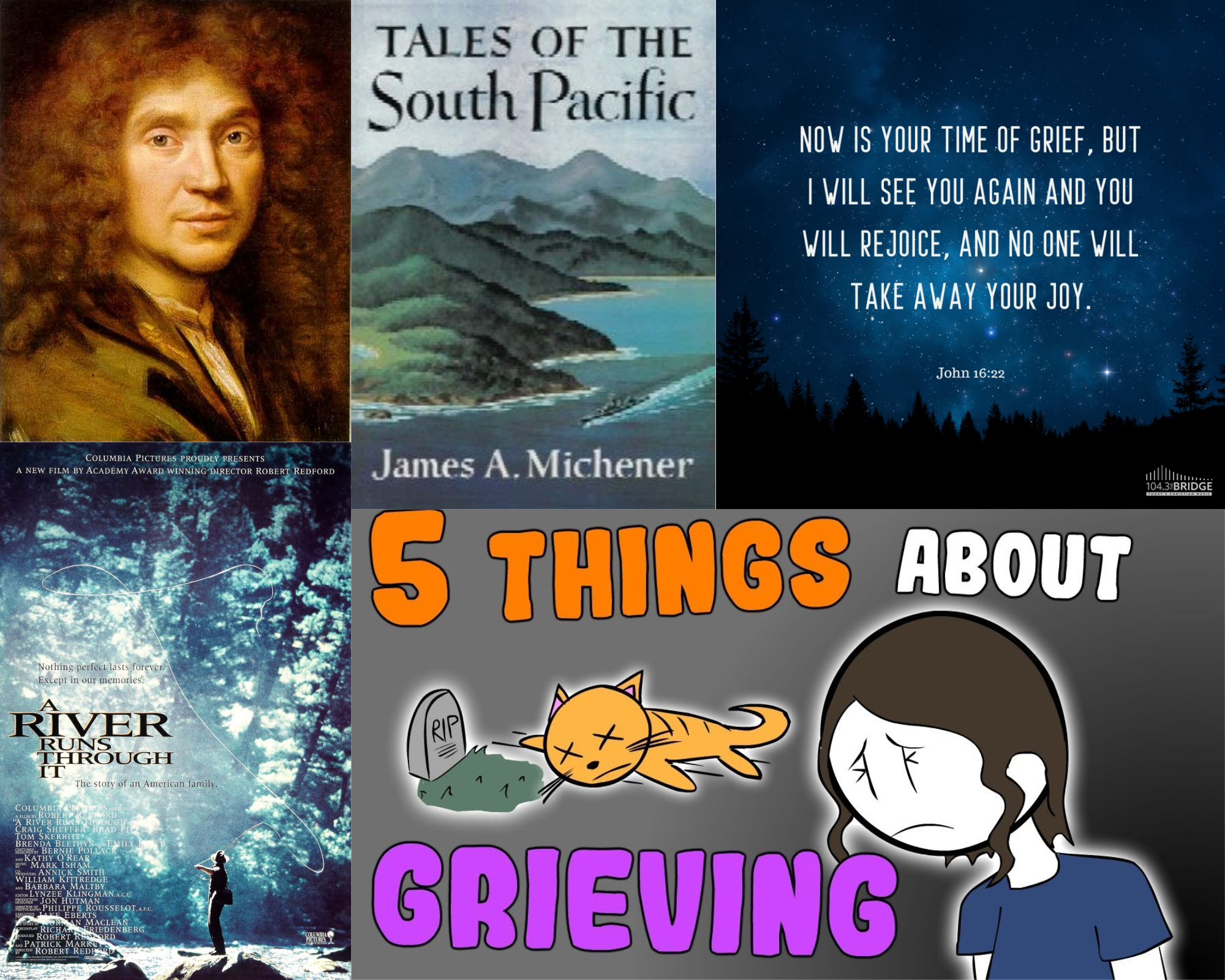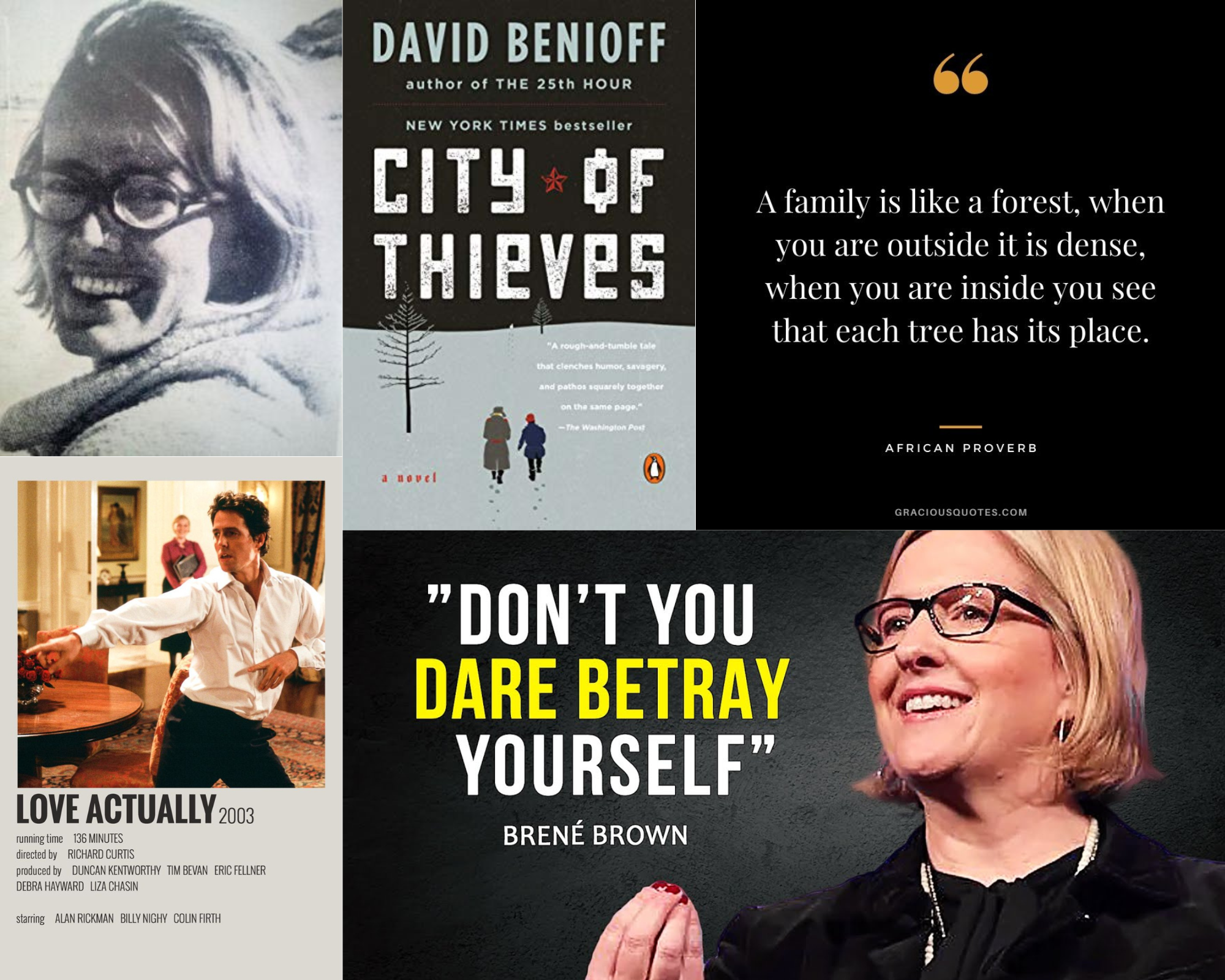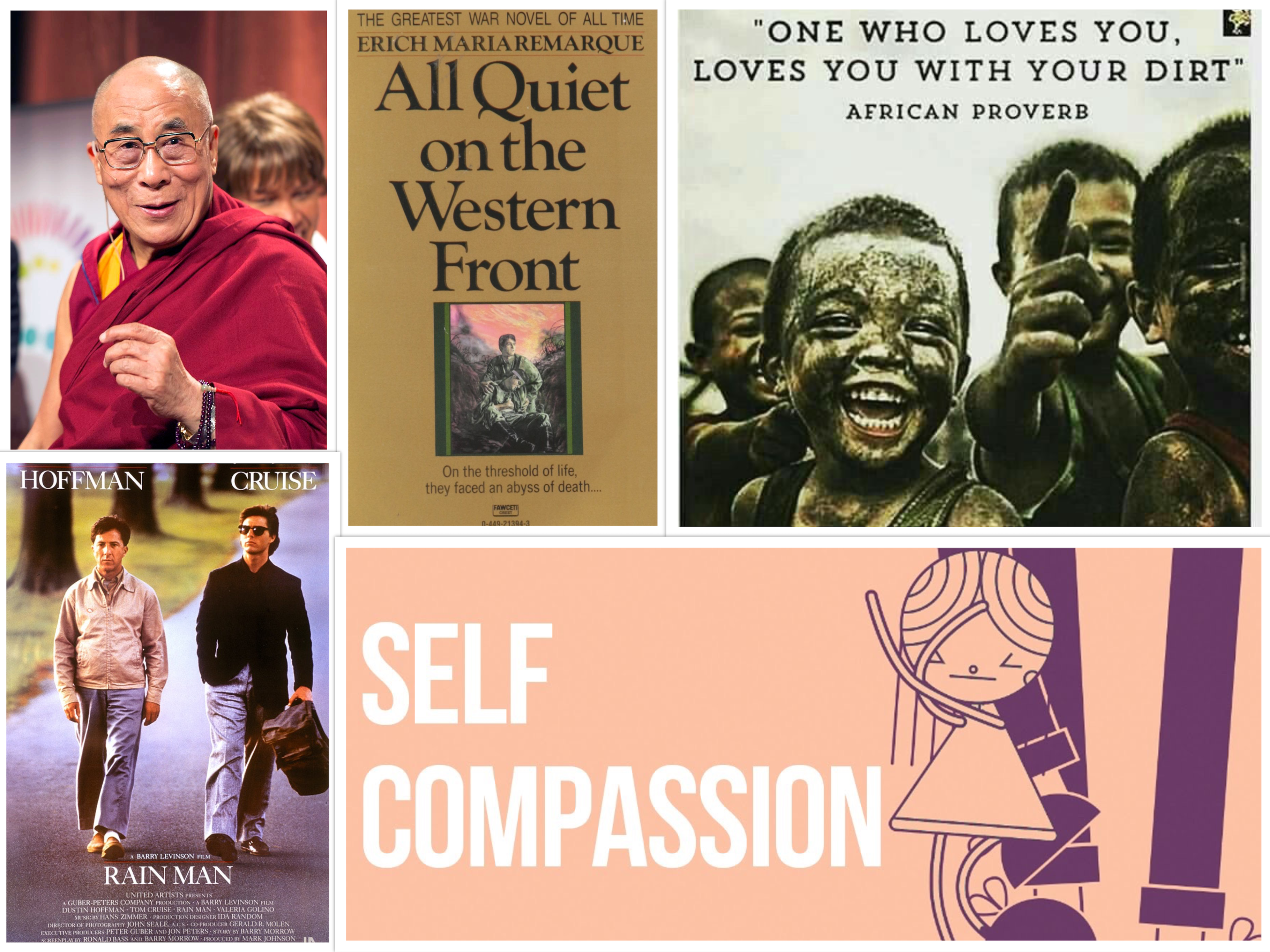Sunday Supplement #104 (May 7th, 2023)
Below is another Sunday Supplement with a quote worth sharing, a book worth reading, a movie worth watching, brainfood worth consuming, and a spiritual passage worth pondering.
Please take something away from these recommendations that enriches your week ahead!
Quote of the Week:
“If you suppress grief too much, it can well redouble.”
– Moliére
Book of the Week:
Tales of the South Pacific – James A. Michener
James A. Michener’s Tales of the South Pacific is a Pulitzer Prize-winning collection of sequentially related short stories about the Pacific campaign in World War II.
Michener wrote these fictional stories based on anecdotes he collected while stationed as a US Navy lieutenant commander.
The short stories have powerful narratives covering a variety of persons and events from the Pacific from the American perspective while offering an insight into the Islanders’ experience.
Tales of the South Pacific is a fantastic novel that, while written in 1946, offers a brilliantly deep look into the experience of the war and its effect.
The book was loosely adapted to the Broadway musical South Pacific, but I highly recommend checking out the novel.
Movie of the Week:
Robert Redford’s A River Runs Through It is based on the 1976 semi-autobiographical novella by Norman Maclean.
The film is set in Montana, and the story follows the two sons of a Presbyterian minister as they grow up and come of age during World War I to the early era of the Great Depression.
Many themes are explored in the narrative of A River Runs Through It, including family help and helplessness, and eternal nature vs. human frailty.
The film is beautifully brought to life from the adapted script by Richard Friedenberg and stars Craig Sheffer, Brad Pitt, Tom Skerritt, Brenda Blethyn, and Emily Lloyd.
A River Runs Through It won the Academy Award for Best Cinematography and was nominated for Best Music – Original Score and Best Adapted Screenplay.
Brainfood of the Week:
5 Things About Grief No One Really Tells You | Psych2Go
This video from Pysch2Go is an excellent reminder of the complicated grieving process and gives five points that can often be ignored.
One of the sayings often offered to someone grieving is to stay strong. This can often be a step of avoidance or denial.
Another point from the video is that acceptance can be more complicated than admitting a loss. The process isn’t always straightforward and can happen more than once.
Check out the video for the complete insight into the five things about grief that no one really tells you. They are helpful and are worth the look.
I’ve featured Pysch2Go videos in a few previous Sunday Supplements. Their mission is to make psychology and mental health more accessible to everyone.
Closing Spiritual Passage:
“Now is your time of grief, but I will see you again, and you will rejoice, and no one will take your joy away.”
– John 16:22
I’ve found Bible passages (and many spiritual passages) to be sources of comfort or wisdom through their metaphors in relation to our life experiences.
This verse reminds me of the importance of grieving. We all experience moments of loss, but sometimes we suppress it instead of making time to process it.
By giving ourselves time and space to grieve, we give ourselves permission for the feelings of loss to be seen.
I’ve found that only by fully embracing moments of loss for a period am I able to heal and move forward back on a path of joy.
Give yourself time to grieve, heal, move forward in love and joy, and have a blessed week ahead!
6 Comments



